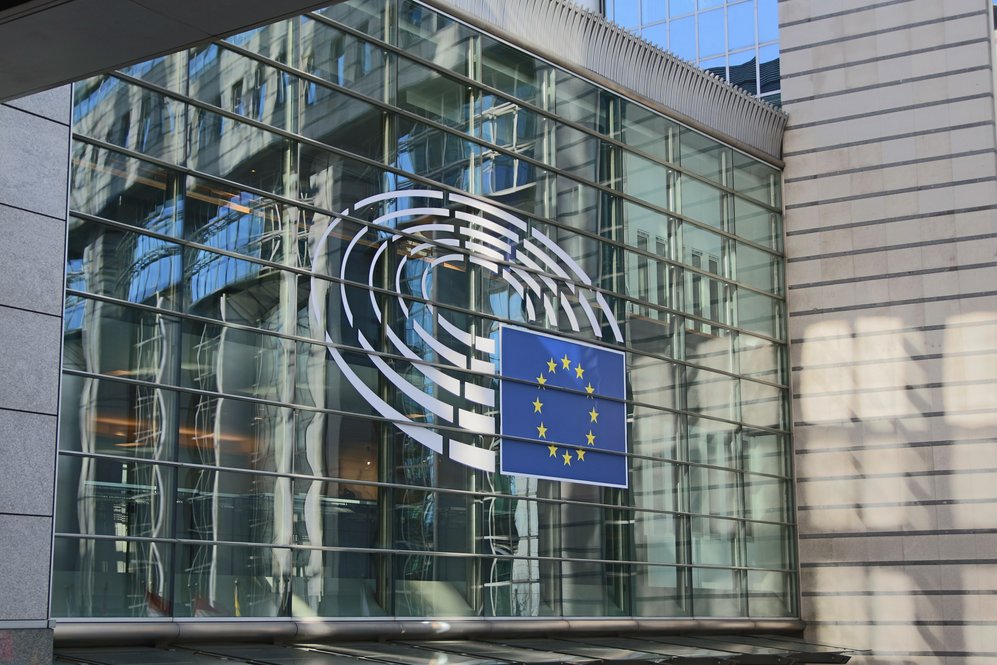Council is debating and split
The Spanish Presidency is pushing for a common position (or "general approach") to be agreed during its term of office, i.e. at the last AGRIFISH Council meeting of the year on 10 and 11 December. Whether it will succeed is open after many rather controversial debates at the Council meeting on 20 November. Unsolved questions - among others - are how a coexistence between an agriculture and food production with and without NGTs can be achieved (and whether this requirement should also apply to NGTs 1, the majority of all NGTs of about 94%), whether consumers will have the freedom of choice for all NGTs via labelling, whether NGTs should be banned in organic farming, whether NGTs 1 can be patented, whether members states should have the possibility to ban or restrict the cultivation of NGTs on their territory.
At least half of member states support the Commission’s plan of far-reaching deregulation of NGTs, the other half is rather skeptical, among them Germany, Poland, Austria, and Hungary. At this stage, it is impossible to predict whether the Commission’s draft law will receive a qualified majority in the Council.
Parliament is negotiating and divided
On the 16 October 2023 the rapporteur of the European Parliament’s leading Committee on NGTs, the Committee on the Environment, Public Health and Food Safety, Jessica Polfjärd from the European People’s Party (EPP), presented her proposal. Compared to the European Commission's already bad proposal, this was a serious setback, as the few remaining regulations on transparency for EU citizens and business operators were deleted.
The EP rapporteur’s draft report removes the only transparency requirement proposed by the European Commission for category 1 NGTs: the need to label seeds as NGTs. This means that the whole food production chain, starting with breeders and farmers, as well as food and feed processors, retailers and consumers, will not be informed about New GMOs on the EU market. The draft report also removes the ban of New GMOs in organic food, a core demand of the organic sector and of consumers.
If the rapporteur has her way the only information provided to the public is that a New GMO of category 1 has received EU market authorization: a database will list all NGTs that have gained approval. In terms of transparency this database is next to useless, given that it will simply state that a product has market authorization, not that it is actually on the market. No information on its NGT status shall be provided for any product.
The Parliament’s Agriculture Committee, also involved in the dossier will vote in December, while the Environment Committee is expected to vote in January 2024. The first reading is also scheduled for January. There are 583 amendments tabled in the AGRI Committee, and even more in the ENVI Committee: 1193. The controversial issues are the same as in the Council.
The following trend is emerging: while the Left, the Greens and a majority of the Social Democrats are in favor of the precautionary principle, transparency and a ban on NGTs in organic farming, the EPP, the majority of the Liberals and the right-wing parties are more in favor of deregulation.
The first reading in the European Parliament is scheduled in January 2024. Regarding the majorities and the general preferences of the parliamentarian groups each individually voted amendment is important. Unusual and unexpected alliances are always possible. As ENGA, we continue to focus our lobbying work on advocating for traceability, labelling, detection methods and EU-wide binding coexistence measures.
